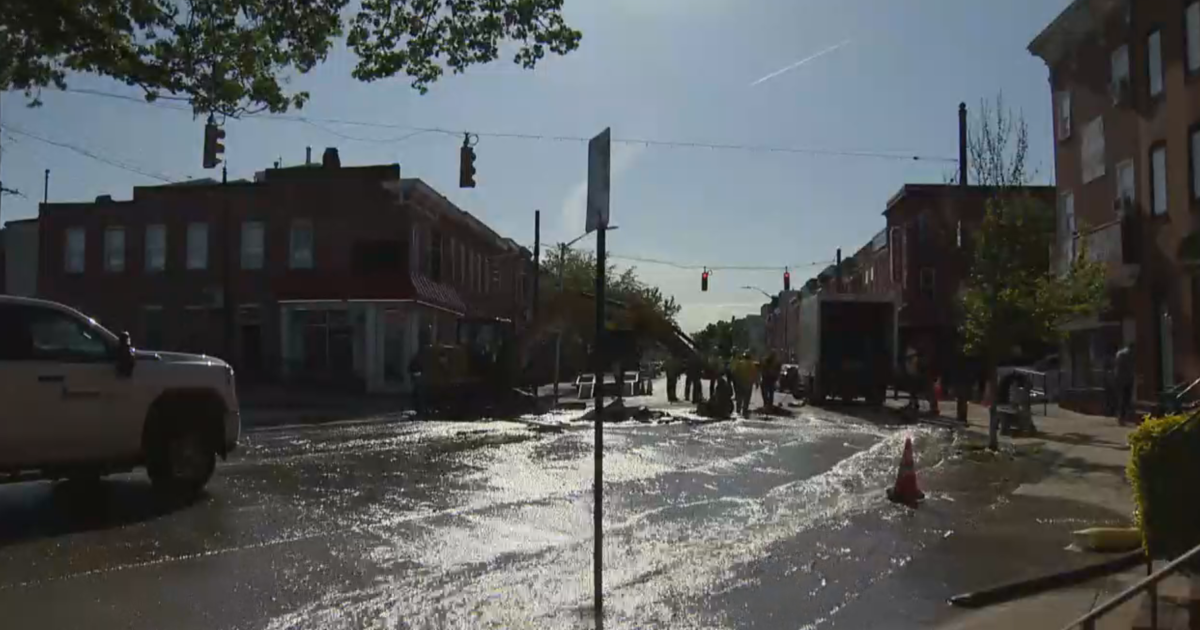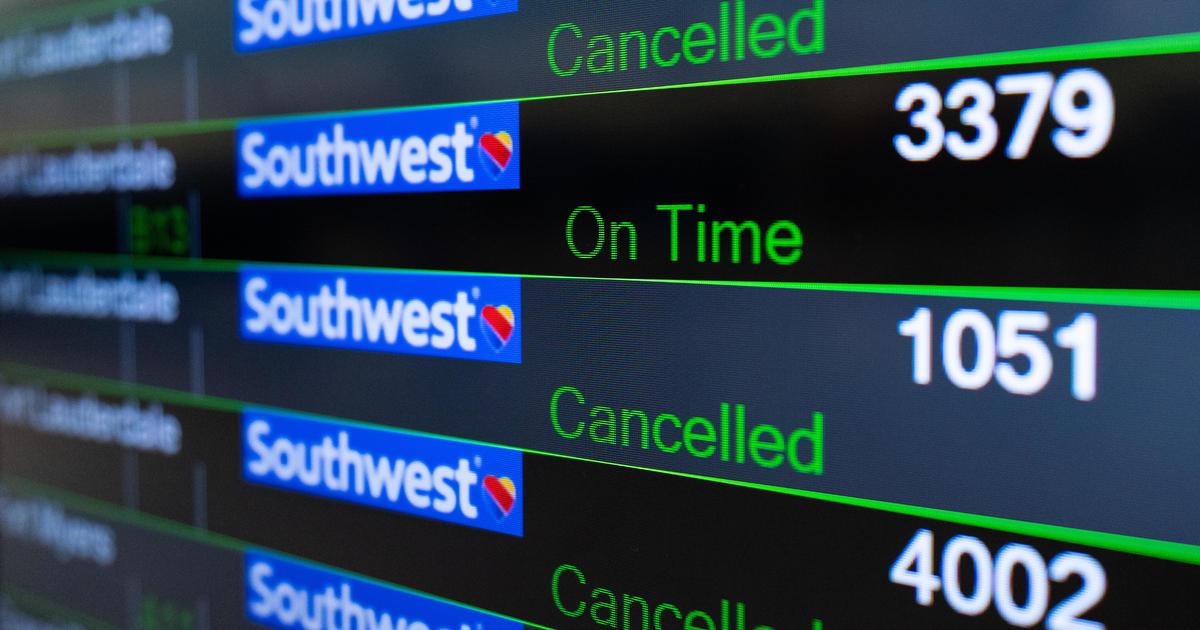Residents Help Animals Find Food During Winter
WESTMINSTER, Md. (AP) -- Lin Moore may only have a quarter-acre of property on the edge of Westminster, but her love of birds has led her to hang more than a dozen bird feeders in five different stations around her property.
"I pretty much check them every day, and when they get low, I refill them," Moore said. "I just get a lot of enjoyment out of the birds."
Winter can be a difficult time for birds that remain in the Mid-Atlantic region. There are no insects to eat and natural seeds can be difficult to find, particularly when the ground is covered in snow. And birds need extra food to maintain their body temperatures, according to the Chesapeake Audubon Society, which means birds can be searching for food from dawn to dusk.
But humans who put out birdseed can greatly help the birds, and many people do. According to the University of Wisconsin Extension, Americans spent $3.3 billion on wild bird feed in 2006, and the numbers are believed to be increasing.
Buying all the birdseed she uses for the birds can be expensive, Moore said, but it is equal to a cost that would come along with any other hobby.
"I even ask for birdseed at Christmas," she said.
Steve Shaw, of Finksburg, said he has four or five bird feeders hanging off his deck, which overlooks a wooded property where many varieties of birds spend their winter.
"Emotionally it's great, it's just really relaxing and the whole family gets involved," he said. "We sit at the breakfast table and watch all the birds come up and we have a blast."
Shaw puts out a variety of food to serve different kinds of birds, with lots of black oil sunflower seeds, suet, thistle and peanuts and raisins as treats.
"The coolest thing about it is now they expect it, so when I go out on my deck in the morning, I make a little clicking sound, and it's almost like Pavlov's dog, they all know that it's time to chow down," he said.
Carla Criss, of Westminster, goes a step beyond most people who feed birds with seed in the winter by ordering 10,000 mealworms a month to feed bluebirds, which don't have beaks that can crack open seeds. Criss said she feeds the mealworms oatmeal and keeps them in her garage, then puts them out in three or four plate feeders in her backyard for the bluebirds, which live in her bluebird boxes, to feed on.
"It's beautiful to see the bluebirds come in to feed," she said.
Criss, a sixth-grade science teacher at West Middle School in Westminster, teaches her students that it's not only important to feed the birds in winter, but also to provide them with fresh, and not frozen, water.
"They waste a lot of energy searching for water that is melted when it's really cold," she said.
Criss has a small pond in her backyard for the birds, with a pump that she keeps running year-round to keep it clean and to prevent it from freezing over. But people can also help by putting a heater in their birdbath, or even putting out fresh dishes of room temperature water on a regular basis, she said, rotating between two containers so that one can thaw indoors while a new, fresh container is set out.
Criss also recommends moving feeders every year to put them over fresh ground, so their droppings don't pile up too much. In the meantime, she recommends putting mulch under the birdfeeders, so that birds who feed on seed under the feeders have fresh ground, or even using chopped up leaves under them.
Homeowners can also use their gardens and natural landscape to support the birds. Criss said she leaves some poison ivy in her backyard because the bluebirds like to feed on its berries, and she's also planted other native berry bushes to support the birds.
Moore said she too chooses garden plants that will provide food for the birds. The purple coneflower, black-eyed Susans, and bee balm all have seeds that continue to feed the birds after the blossoms fade away. She also grows trumpet vine in the summer to attract hummingbirds, but they migrate south for the winter.
With lots of hawks around, Moore said she also tries to provide cover for the birds nearby her planter stations. Two stations are located near evergreens on her property, and she's using a discarded Christmas tree, propped up by a shepherd's crook, as a temporary solution for the bird feeding station in her front yard.
Criss said feeding the birds can be a great hobby, but partakers should realize there is a responsibility that comes with it.
"If you do begin feeding birds, you should continue, because they do come to depend on a certain place for their meal," Criss said.
Carroll County Times
(Copyright 2011 by The Associated Press. All Rights Reserved.)



